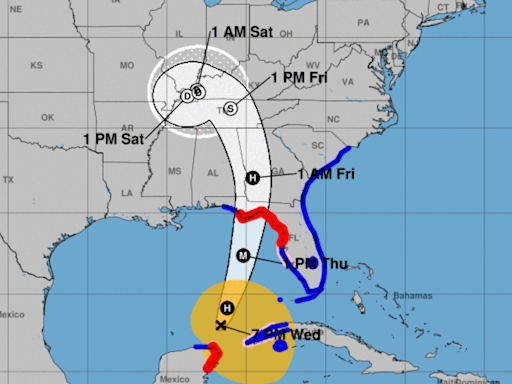Search results
People also ask
What are the names of large numbers?
What is a large number?
Is one million a big number?
How do you name a large number?
Names of large numbers - Simple English Wikipedia, the free encyclopedia. Numbers that are larger than one million are usually either represented using scientific notation, or by words. [1] There are two main ways of using words to write large numbers.
Some names of large numbers, such as million, billion, and trillion, have real referents in human experience, and are encountered in many contexts. At times, the names of large numbers have been forced into common usage as a result of hyperinflation.
3 days ago · Large numbers are numbers above one million that are usually represented either with the use of an exponent such as 10 9 or by terms such as billion or thousand millions that frequently differ from system to system. The American system of numeration for denominations above one million was modeled on a French system, but in 1948 the French system was changed to correspond to the German and British systems.
Dec 2, 2021 · Names of Large Numbers. One million sounds like a big number. However, in the world of big numbers, one million is the smallest number! For every three zeros you add after 1,000,000, the name of the number changes. This table shows the names of large numbers from one million up to one decillion.
- admin@yourdictionary.com
- Senior Writer
Classification of Large Numbers. Large numbers are classified into manageable categories for easier comprehension and application: Millions, billions, and trillions for economic and demographic statistics; Quadrillions and beyond for astronomical distances and scientific calculations; Conceptual numbers like googol and googolplex, illustrating ...
Nov 1, 2001 · Names for Large Numbers. The English names for large numbers are coined from the Latin names for small numbers n by adding the ending -illion suggested by the name "million." Thus billion and trillion are coined from the Latin prefixes bi-(n = 2) and tri-(n = 3), respectively.
Large numbers, far beyond those encountered in everyday life—such as simple counting or financial transactions—play a crucial role in various domains. These expansive quantities appear prominently in mathematics, cosmology, cryptography, and statistical mechanics.

